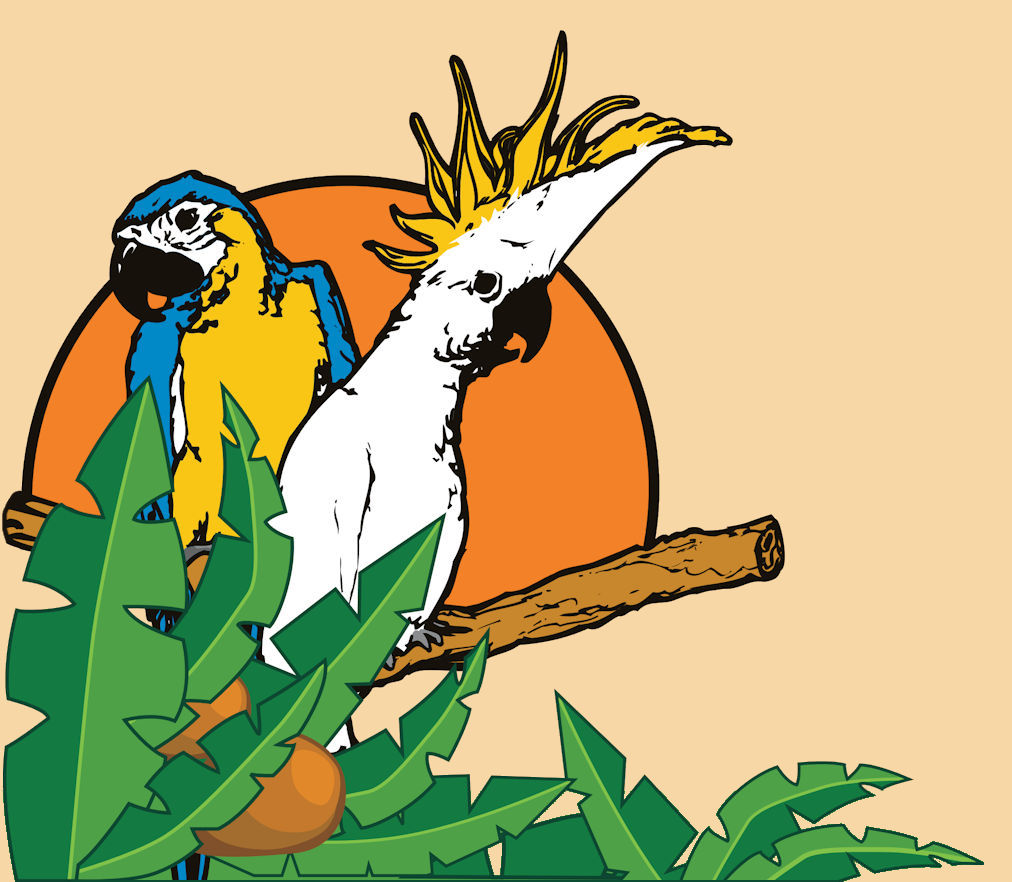Candy is everywhere this time of year, and once again we would like to remind bird owners to be cautious and keep it where birds can’t reach it. Chocolate is not only a high calorie and high fat item, but it also contains Theobromine. Theobromine is a compound from the cacao plant from which chocolate is produced. In birds (and other pets like cats and dogs), this compound metabolizes slowly, so a build up can lead to theobromine poisoning.
If you suspect your bird has eaten chocolate, call an avian vet immediately. Signs of distress may include: vomiting, diarrhea, seizures, hyperactivity, heart arrhythmias, dark colored droppings, or death.
It is best to not feed any overly sugared items or other candies to your birds- it is unnecessary and could cause health problems. Instead, feed them treats specifically for birds, nuts, or fresh fruits and vegetables as a treat.
The best way to prevent your bird from eating candies and chocolate is to keep it safely out of reach. Even if left on a table, parrots are notorious for their curiosity and can easily tear into a candy bag or wrapper.
